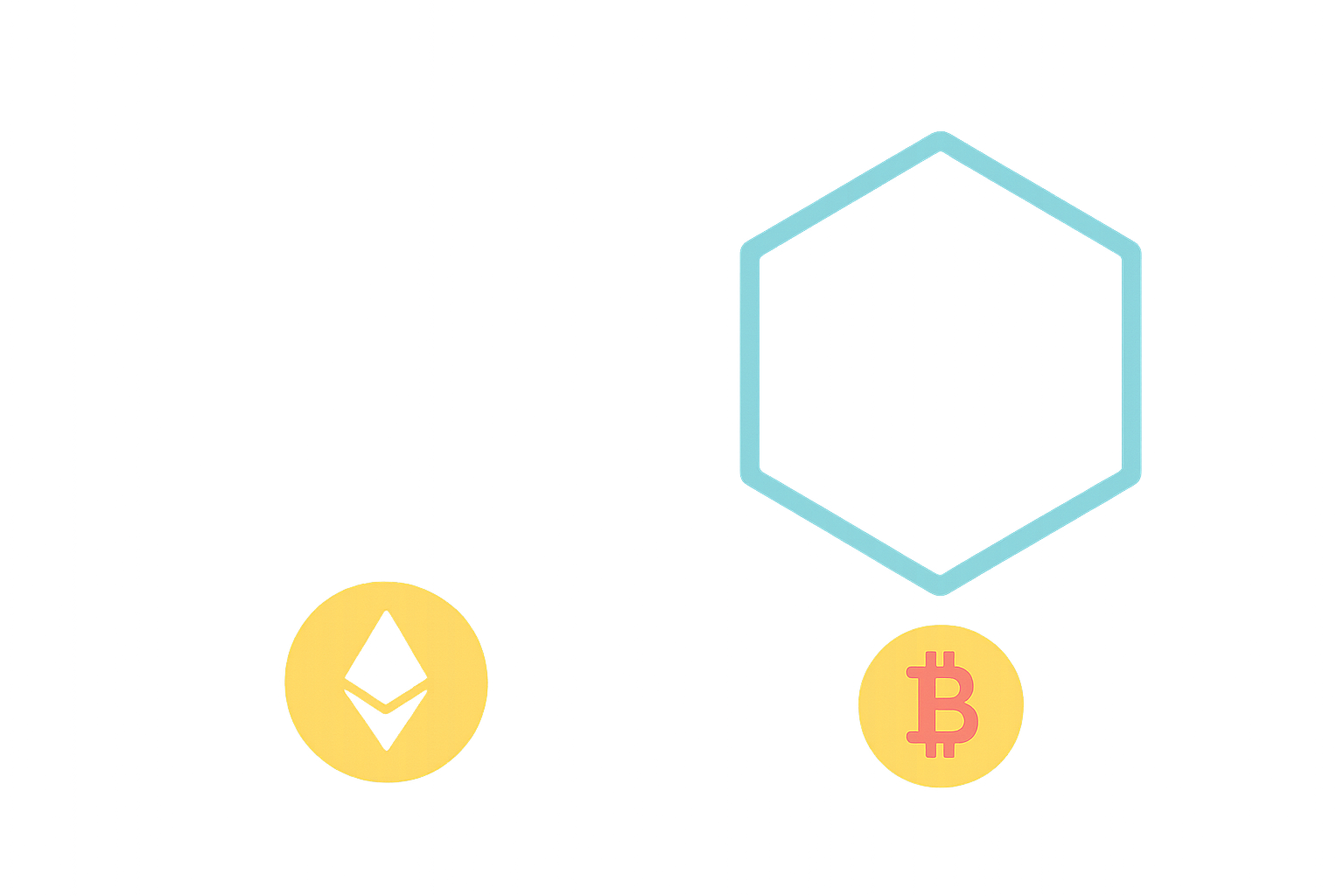ZK Ne Demektir? Blok Zinciri Kullanıcıları İçin Sıfır Bilgi Açıklaması


Sıfır Bilgi Kanıtlarının Devrimci Konsepti
Sıfır bilgi kanıtları (ZKP'ler), blok zinciri alanında devrim niteliğinde bir teknoloji olarak ortaya çıkmıştır ve gizlilik ile güvenlik konusundaki düşüncelerimizi köklü bir şekilde değiştirmektedir. Temelde, zk anlamına gelen blok zinciri, bir tarafın bir ifadenin doğruluğunu diğer tarafa, ifadenin kendisinden başka herhangi bir ek bilgi vermeden kanıtlamasına olanak tanıyan bir kriptografik yöntemdir. Bu çığır açıcı kavram, blok zinciri kullanıcıları için geniş kapsamlı sonuçlar doğurmakta ve dağıtık defter teknolojilerinde var olan şeffaflık ve güvenliği korurken gizliliği artırmak için güçlü bir araç sunmaktadır.
Sıfır bilgi kanıtlarının temel prensibi basit bir benzetme ile açıklanabilir. Bir arkadaşınıza özel bir kulübün gizli şifresini bildiğinizi ispatlamanız gerektiğini hayal edin, ancak şifreyi kendisini açıklamak istemiyorsunuz. Sıfır bilgi kanıtı ile şifreyi ifşa etmeden bilgiyi göstererek gizliliğini koruyabilir ve arkadaşınıza iddianızı kanıtlayabilirsiniz. Bu aynı prensip, blok zinciri teknolojisine uygulandığında, kullanıcıların hassas bilgileri ifşa etmeden işlemleri doğrulamalarını, kimlikleri doğrulamalarını ve varlıkların mülkiyetini ispat etmelerini sağlar.
Kripto para birimleri ve blok zinciri uygulamaları bağlamında, sıfır bilgi kanıtları, kullanıcılar gizlilik korumalarına daha fazla önem verdikçe giderek daha fazla önem kazandı. Bitcoin ve Ethereum gibi geleneksel blok zinciri ağları, şeffaflık sunarken, aynı zamanda tüm işlem detaylarını kamu defterlerinde açığa çıkarır. Bu düzeyde bir açıklık, denetlenebilirlik açısından faydalı olsa da, finansal gizliliğini korumak isteyen kullanıcılar için sorunlu olabilir. Sıfır bilgi kanıtları, işlemlerin gönderici, alıcı veya işlem tutarını ifşa etmeden doğrulanmasına olanak tanıyarak bu endişeyi ele alır. Gizlilik ve doğrulanabilirlik arasındaki bu denge, ZKP'leri blok zinciri ekosisteminde bu kadar değerli kılan unsurdur.
ZK Teknolojisi Blok Zinciri Güvenliğini ve Gizliliğini Nasıl Dönüştürüyor
zk teknolojisinin blok zincirinde entegrasyonu, kullanıcılar için artırılmış güvenlik ve gizlilik konusunda yeni bir dönemi başlattı. Sıfır bilgi kanıtlarından yararlanarak, blok zinciri platformları artık işlemlerin bütünlüğünü ve doğrulanabilirliğini tehlikeye atmadan sağlam gizlilik özellikleri sunabiliyor. Bu teknolojik ilerleme, kullanıcı kimliklerini korumaktan hassas finansal verileri korumaya kadar blok zinciri güvenliğinin çeşitli yönleri için önemli sonuçlar doğuruyor.
zk teknolojisinin blok zinciri güvenliğini artırmanın birincil yollarından biri, geliştirilmiş işlem gizliliğidir. Geleneksel blok zinciri ağlarında, tüm işlem detayları kamuya açık olarak görünmektedir, bu da birçok kullanıcı için önemli bir gizlilik endişesi oluşturabilir. Ancak, sıfır bilgi kanıtları ile kullanıcılar, transferin ayrıntılarını ifşa etmeden işlemler gerçekleştirebilir. Bu, ağın geçerli bir işlemin gerçekleştiğini doğrulayabilmesine rağmen, kimin neyi kime gönderdiği gibi ayrıntıların gizli kalacağı anlamına gelir. Bu düzeyde bir gizlilik, finansal ilişkilerinde gizliliği koruması gereken işletmeler ve bireyler için özellikle önemlidir.
Ayrıca, blok zincirindeki zk teknolojisi güvenli kimlik doğrulama için yeni olanaklar açmıştır. Verilerin ihlali ve kimlik hırsızlığının yaygın olduğu bir çağda, kişisel bilgileri ifşa etmeden kimliğinizi kanıtlama yeteneği paha biçilmezdir. Sıfır bilgi kanıtları, kullanıcıların temel verileri ifşa etmeden kimliklerini veya yeterliliklerini doğrulamalarına olanak tanır. Örneğin, bir kullanıcı tam doğum tarihini açıklamadan 18 yaşından büyük olduğunu kanıtlayabilir. Bu, finansal hizmetlerde KYC (Müşterinizi Tanıyın) süreçleri, erişim kontrol sistemleri ve hatta oylama mekanizmaları için geniş kapsamlı sonuçlar doğurmaktadır.
ZK Rollups: Blok Zinciri Ölçeklenebilirliği için Oyun Değiştirici
Blok zinciri ağları popülaritesi ve kullanımı arttıkça, ölçeklenebilirlik önemli bir endişe haline geldi. Zk rollup'lar, sıfır bilgi kanıtlarını kullanarak işlem verimliliğini dramatik bir şekilde artıran ve maliyetleri azaltan devrim niteliğinde bir Katman 2 ölçekleme çözümüdür. ZK rollup'lar, birçok blok zinciri ağının, özellikle Ethereum'un karşılaştığı ölçeklenebilirlik üçlemesini ele alırken oyunun kurallarını değiştiren bir çözüm olarak ortaya çıkmıştır.
zk rollup'ların arkasındaki kavram hem zarif hem de güçlüdür. Her bir işlemi ana blok zincirinde (Katman 1) işlemek yerine, zk rolluplar yüzlerce işlemi tek bir sıfır bilgi kanıtına "toplar". Bu kanıt daha sonra ana zincire sunulur ve toplu işlemlerin geçerliliğini bir anda doğrular. Sonuç olarak, temel blok zincirinin güvenlik garantilerinden ödün vermeden işlem işleme kapasitesinde önemli bir artış sağlanır.
zk rollup'ların etkisini göstermek için bazı karşılaştırmalı verileri ele alalım:
| Metre | Ethereum Katman 1 | ZK Rollup'ları ile |
|---|---|---|
| İşlem başına saniye | ~15 | 2,000+'ye kadar |
| Gaz ücretleri (ortalama) | $5-$50 | $0.10-$1 |
| Kesinlik süresi | ~15 dakika | ~1-5 dakika |
Bu rakamlar, zk rollupların blok zinciri ölçeklenebilirliği için dönüştürücü potansiyelini göstermektedir. İşlem verimliliğini önemli ölçüde artırarak ve maliyetleri düşürerek, zk rolluplar blok zinciri teknolojisini daha geniş bir uygulama ve kullanıcı yelpazesi için daha erişilebilir ve pratik hale getirmektedir.
2025'te Sıfır Bilgi Teknolojisinin Gerçek Dünya Uygulamaları
2025 itibarıyla, sıfır bilgi teknolojisi teorik kavramların ötesine geçerek çeşitli endüstrilerde sayısız pratik uygulama bulmuştur. ZKP'lerin gerçek dünya senaryolarına entegrasyonu, birden fazla sektörde gizlilik, güvenlik ve verimlilikte önemli ilerlemelere yol açmıştır.
Finans sektöründe, sıfır bilgi kanıtları, bankaların ve finansal kurumların hassas müşteri verilerini yönetme şeklini devrim niteliğinde değiştirmiştir. Örneğin, büyük bankalar artık müşteri kimliklerini ve kredi notlarını doğrulamak için ZKP'leri kullanıyor, bu sayede kişisel bilgilere erişmeden veya depolamadan işlem yapıyorlar, bu da veri ihlali riskini önemli ölçüde azaltmaktadır. Bu, geçtiğimiz yıl finansal hizmetlerle ilgili kimlik hırsızlığı vakalarında %30'luk bir azalmaya yol açmıştır.
Sağlık sektörü, hasta gizliliğini korurken araştırma amaçları için güvenli veri paylaşımını mümkün kılmak amacıyla sıfır bilgi teknolojisini de benimsemiştir. Hastaneler ve araştırma kurumları artık anonimleştirilmiş hasta verilerini kullanarak büyük ölçekli çalışmalarda işbirliği yapabiliyor, ZKP'ler bireylerin kişisel sağlık bilgilerinin ifşa edilmesini sağlıyor. Bu, tıbbi araştırmaları hızlandırmış ve son zamanlarda bu gizliliği koruyan veri paylaşım yaklaşımına atfedilen kanser tedavisinde bir atılım gerçekleşmiştir.
Tedarik zinciri yönetimi alanında, sıfır bilgi kanıtları şeffaflık ve izlenebilirliği artırmış, rekabet avantajlarını tehlikeye atmadan. Şirketler artık ürünlerinin otantikliğini ve kökenini, özel tedarik zinciri bilgilerini ifşa etmeden kanıtlayabiliyor. Bu, sahte ürünlerin ZKP tabanlı kimlik doğrulama sistemlerinin yaygın olarak benimsenmesinden bu yana %40 azaldığı lüks tüketim malları pazarında özellikle etkili olmuştur.
Oyun endüstrisi, adil ve müdahale edilemez çevrimiçi ortamlar oluşturmak için sıfır bilgi teknolojisini kullanmıştır. Çevrimiçi kumarhaneler ve rekabetçi oyun platformları artık rastgele sayı üreteçlerinin ve oyun sonuçlarının adilliğini kanıtlamak için ZKP'leri kullanıyor, bu da temel algoritmaları ortaya çıkarmadan yapılmaktadır. Bu, kullanıcı güvenini ve katılımını artırmış, çevrimiçi oyun pazarında bu geliştirilmiş güvenlik önlemlerine atfedilen %25'lik bir büyümeye yol açmıştır.
Gerçek dünya uygulamaları gelişmeye devam ettikçe, sıfır bilgi teknolojisinin potansiyeli sınırsız görünüyor. ZKP'lerin çeşitli sektörlere entegrasyonu, teknolojinin çok yönlülüğünü ve karmaşık gizlilik ve güvenlik sorunlarını çözme kapasitesini göstermektedir. İlerledikçe, sıfır bilgi kanıtlarının daha güvenli ve gizliliğe duyarlı bir dijital alan oluşturma konusunda giderek daha önemli bir rol oynayacağı açıktır.
Blockchain ve ötesinde sıfır bilgi teknolojisinin potansiyelini keşfetmekle ilgilenenler için,Kapıkeskin kripto paralar ve ZKP'lerden yararlanan blok zinciri projeleri hakkında ticaret yapma ve öğrenme için kapsamlı bir platform sunar.

Kripto'da ZK nedir?

ETH Fusaka: Bilmeniz Gereken Her Şey
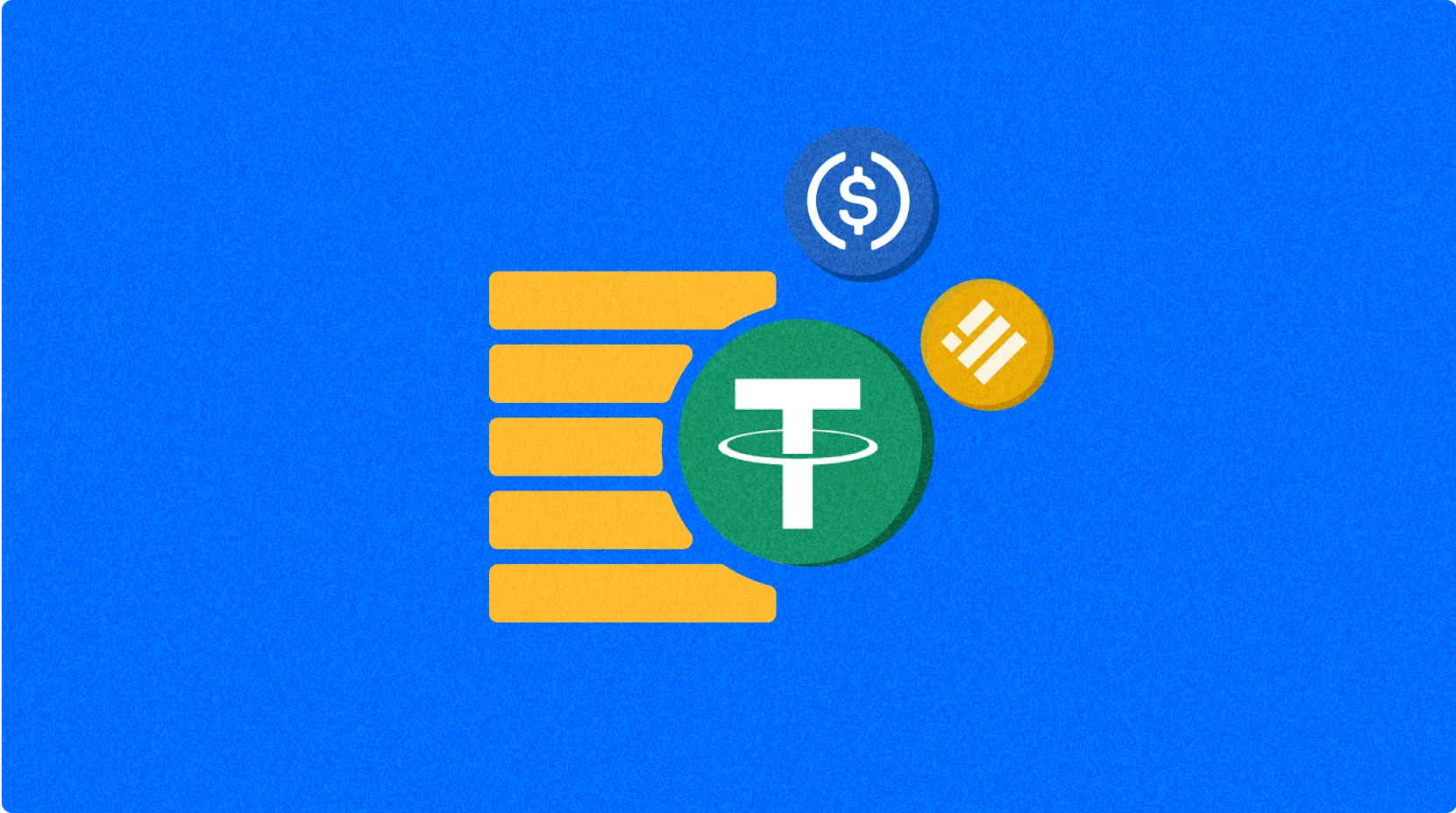
2025 ZK Fiyat Tahmini: Kripto Piyasalarında Zero-Knowledge Teknolojisinin Geleceğinde Yolculuk

Katman 2 Ölçekleme Çözümü Nedir? Pratik Rehber

Katman 2 çözümlerini anlamak: Gate Layer ve Optimism OP Stack

Gate Layer: Web3’te Devrim Yaratan Optimize Edilmiş Layer 2 Çözümleri

Dropee Günlük Kombinasyonu 11 Aralık 2025
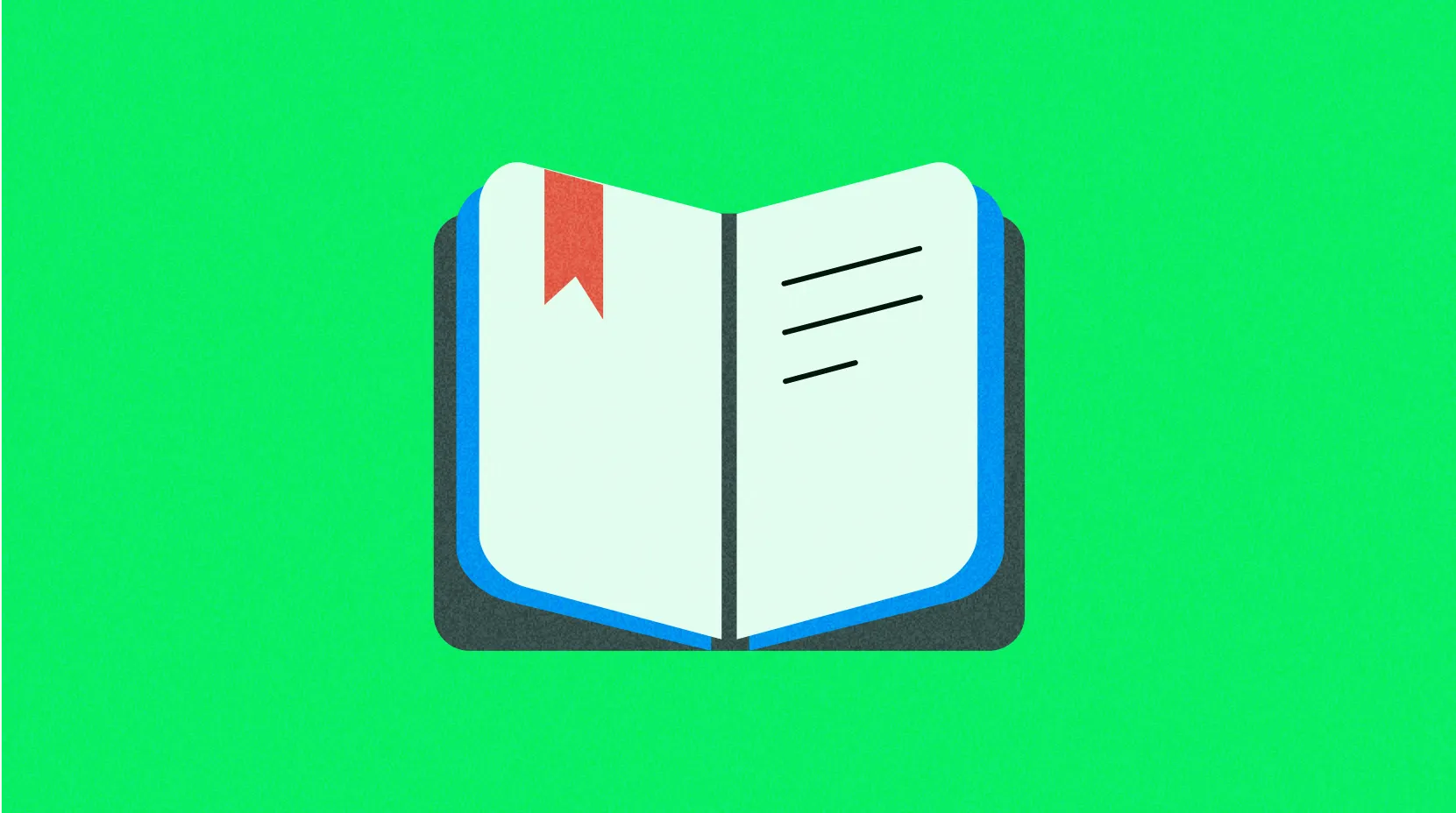
Tomarket Günlük Kombinasyonu 11 Aralık 2025

Merkeziyetsiz Finans'ta Geçici Kayıp Nedir?
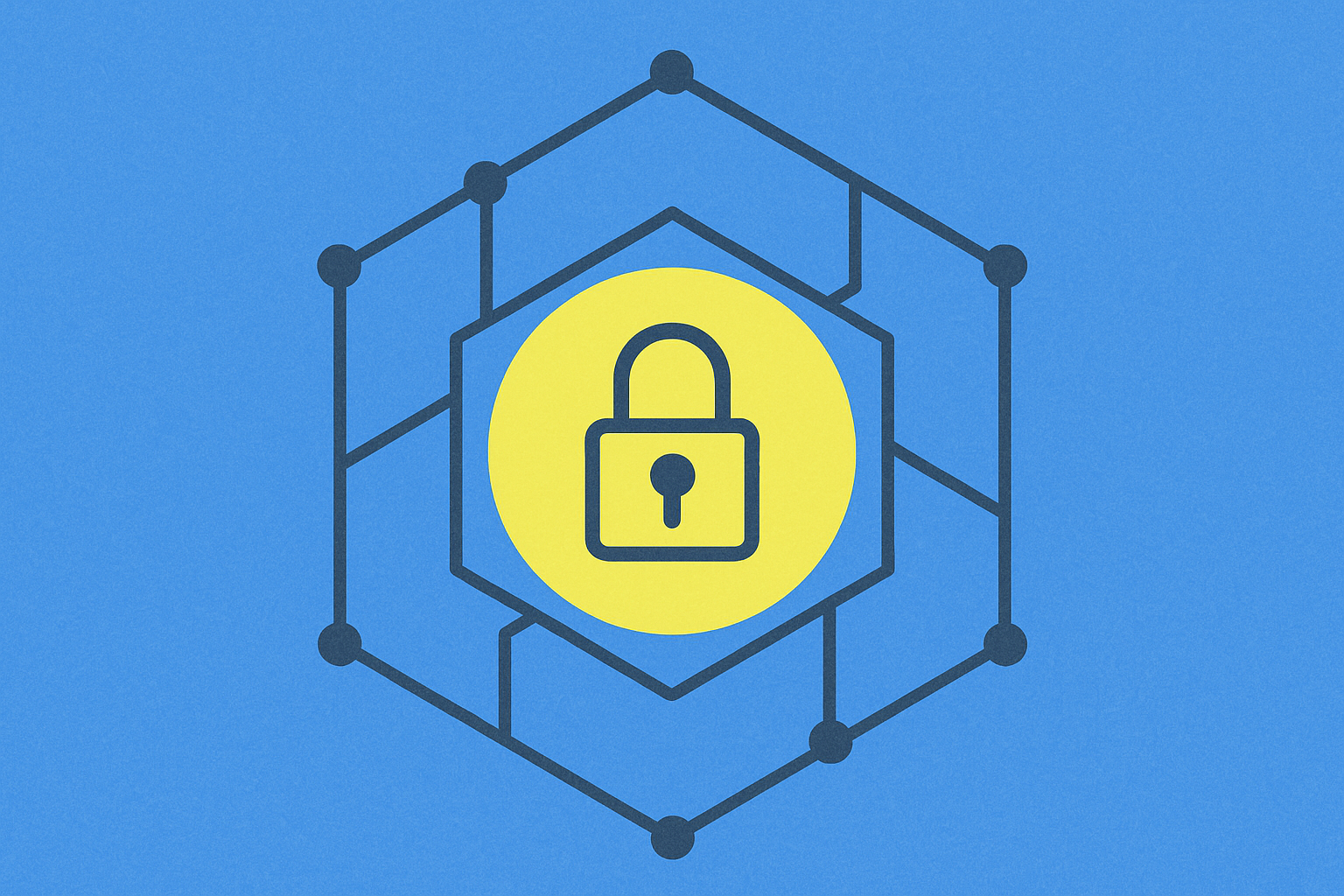
Kripto Parada Çifte Harcama: Önleme Stratejileri
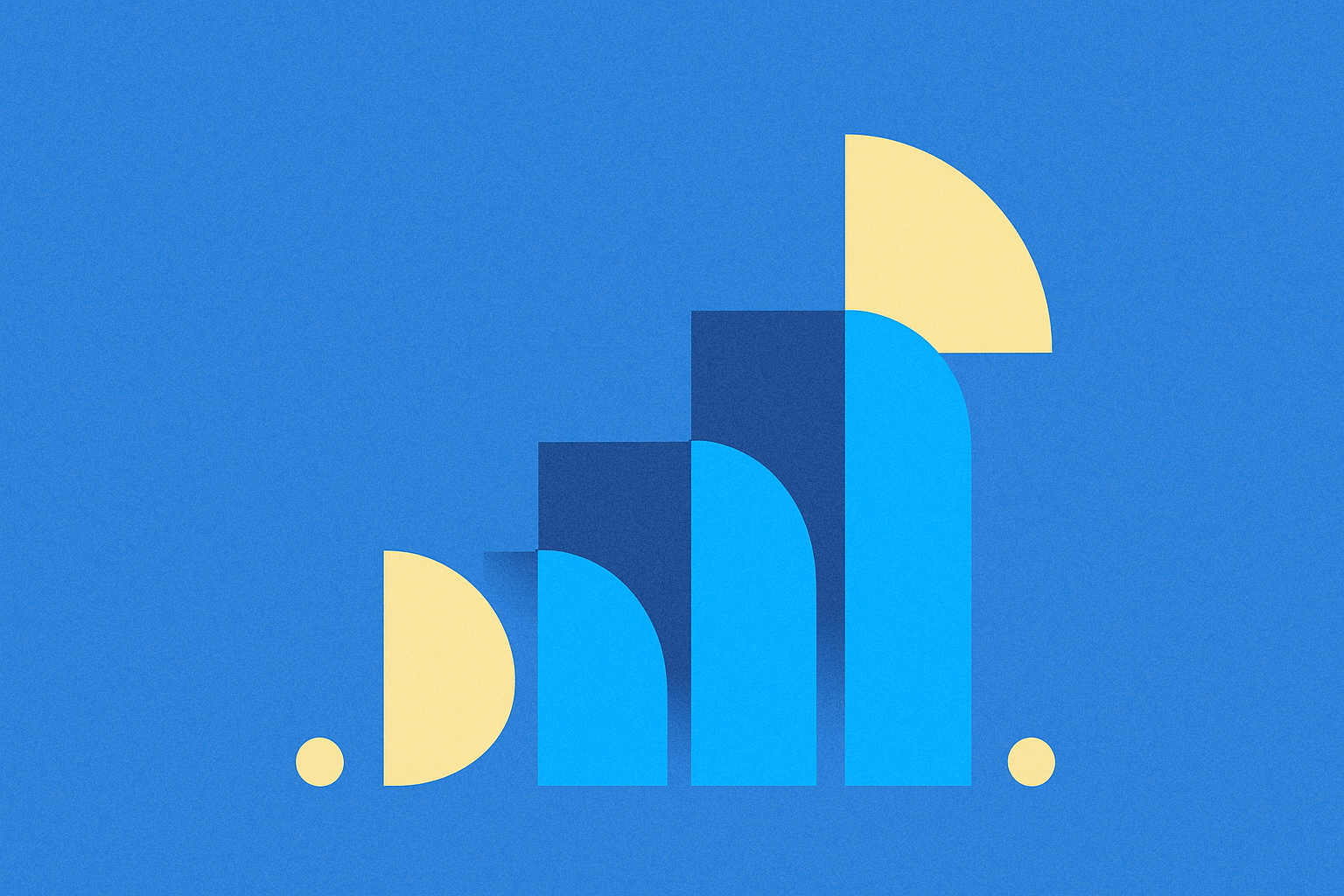
Kripto Ticaretinde Wyckoff Yönteminin Anlaşılması
